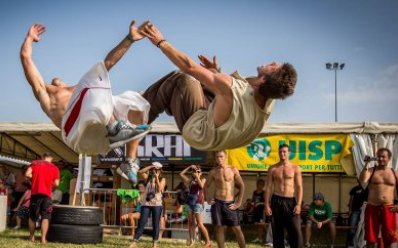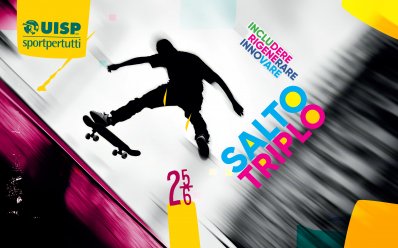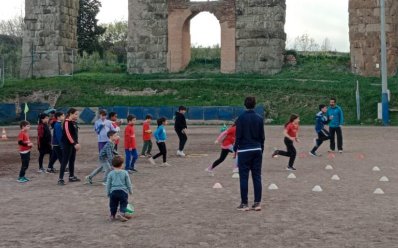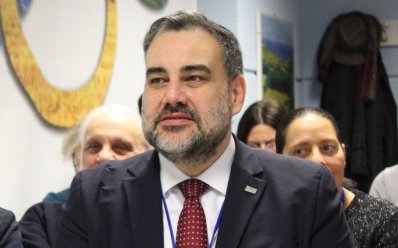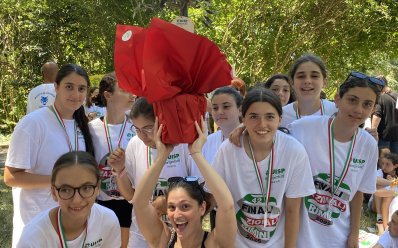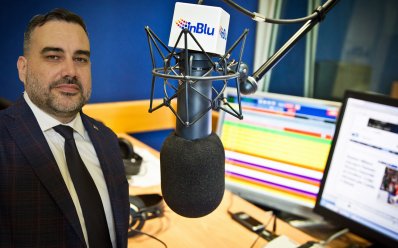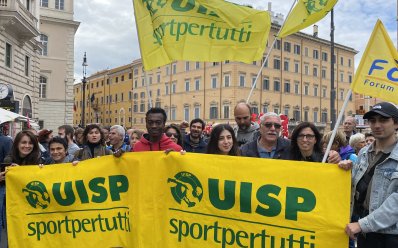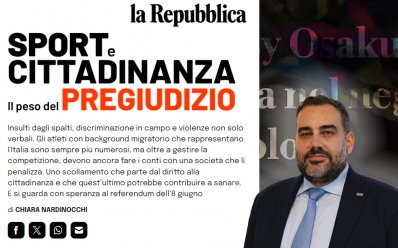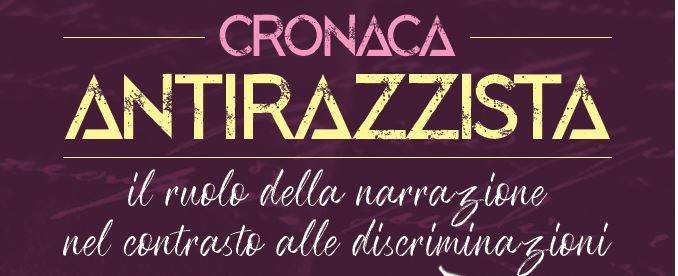Activities of the Icehearts Groups Begin in Italy
The Uisp project is getting underway in the local areas: the experience in Schio (Vi) focuses on parkour for very young people. V. Di Lauro speaks.
The Icehearts Europe project continues to take shape in Italy, with the start of the first activities in the field and an increasingly direct involvement of children and teenagers in the local areas. The project, inspired by the Finnish model and coordinated by ISCA (International Sport and Culture Association), aims to prevent social exclusion in childhood and adolescence through involvement in team sports activities in eight European countries: Denmark, Estonia, Belgium, Finland, Ireland, Slovenia, Spain, and Italy. Always at the forefront of promoting accessible and inclusive sports for everyone, Uisp contributes its experience and passion to this project as the Italian lead association.
After preparatory workshops in Turin, Cerignola (Foggia), Rome, and Genoa, where local institutions, schools, and associations have been working together to adapt the Icehearts model to local contexts, pilot activities are beginning in the 12 Uisp local committees, which will involve 400 young people throughout Italy in sports and growth programs. Thanks to the involvement of 20 dedicated mentors and an approach based on listening and trust, the activities aim to create welcoming communities where each participant can find a safe space to develop meaningful relationships and face their daily challenges.
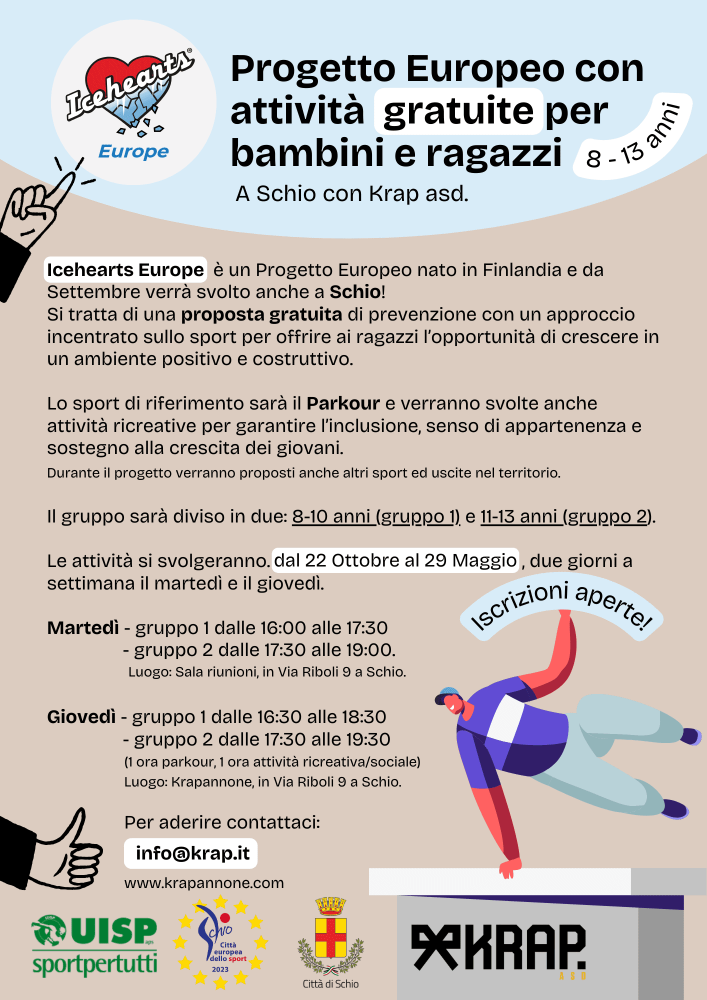 In Schio, in the province of Vicenza, thanks to the efforts of the affiliated association Krap, activities with local groups have already begun. With parkour as the main sport, children and young people participate in a program of two weekly meetings that alternate between sports and workshop activities. The initiatives aim to build a strong sense of belonging to the community and provide young people with concrete tools to face daily challenges. Valentino Di Lauro, mentor and head of the Icehearts Uisp Vicenza groups, says: “During this period, we have worked hard to get to know each other, do team building, and welcome the requests of the kids. In addition to parkour, we alternate moments of discussion on issues that spontaneously emerge from the group.” Parkour isn't just physical exercise but a real educational tool, explains Di Lauro: “It allows the kids to get in touch with themselves, face their fears, and get to know them. Fear, in fact, isn't something to be avoided but to be recognized and valued: if we weren't afraid, we'd always get hurt,” adds the mentor.
In Schio, in the province of Vicenza, thanks to the efforts of the affiliated association Krap, activities with local groups have already begun. With parkour as the main sport, children and young people participate in a program of two weekly meetings that alternate between sports and workshop activities. The initiatives aim to build a strong sense of belonging to the community and provide young people with concrete tools to face daily challenges. Valentino Di Lauro, mentor and head of the Icehearts Uisp Vicenza groups, says: “During this period, we have worked hard to get to know each other, do team building, and welcome the requests of the kids. In addition to parkour, we alternate moments of discussion on issues that spontaneously emerge from the group.” Parkour isn't just physical exercise but a real educational tool, explains Di Lauro: “It allows the kids to get in touch with themselves, face their fears, and get to know them. Fear, in fact, isn't something to be avoided but to be recognized and valued: if we weren't afraid, we'd always get hurt,” adds the mentor.
The Vicenza groups are made up of about 15 boys and girls each, mixed by gender and ability, from Schio and the neighboring villages. Participation is completely free of charge, an aspect that guarantees accessibility and inclusiveness. At the center of the project is the idea of community: a group that grows together, overcomes difficulties, and builds bonds based on trust and mutual respect. “We are creating the group and building mutual trust, both between the boys and girls and towards us mentors,” emphasizes Di Lauro. “The kids are starting to tell us about their problems, whether they are related to school, classmates, or family. Our job is not to provide solutions but to offer a safe space where they can express themselves and share their experiences. Often, in fact, the answers emerge from the dialogue between peers or from listening to the experiences of others.”
Uisp is the heart of the Icehearts Europe project in Italy, with its territorial network and long tradition of promoting sport for all. It not only coordinates activities and trains mentors but is committed to building meaningful connections between schools, families, and local communities. And it is thanks to this knowledge and the commitment of everyone—mentors, young people, and communities—that Icehearts will not be “just” a sports project but a real social laboratory where sport becomes a tool for building relationships, overcoming barriers, and promoting well-being for communities. (Lorenzo Boffa)
Funded by the European Union. Views and opinions expressed are however those of the author(s) only and do not necessarily reflect those of the European Union. Neither the European Union nor the granting authority can be held responsible for them
Ufficio progetti - Sede Uisp Nazionale
L.go Nino Franchellucci, 73 00155 Roma
Tel.: +39.06.43984350 - 345 - 346
Fax: 06.43984320
e-mail: progetti@uisp.it

